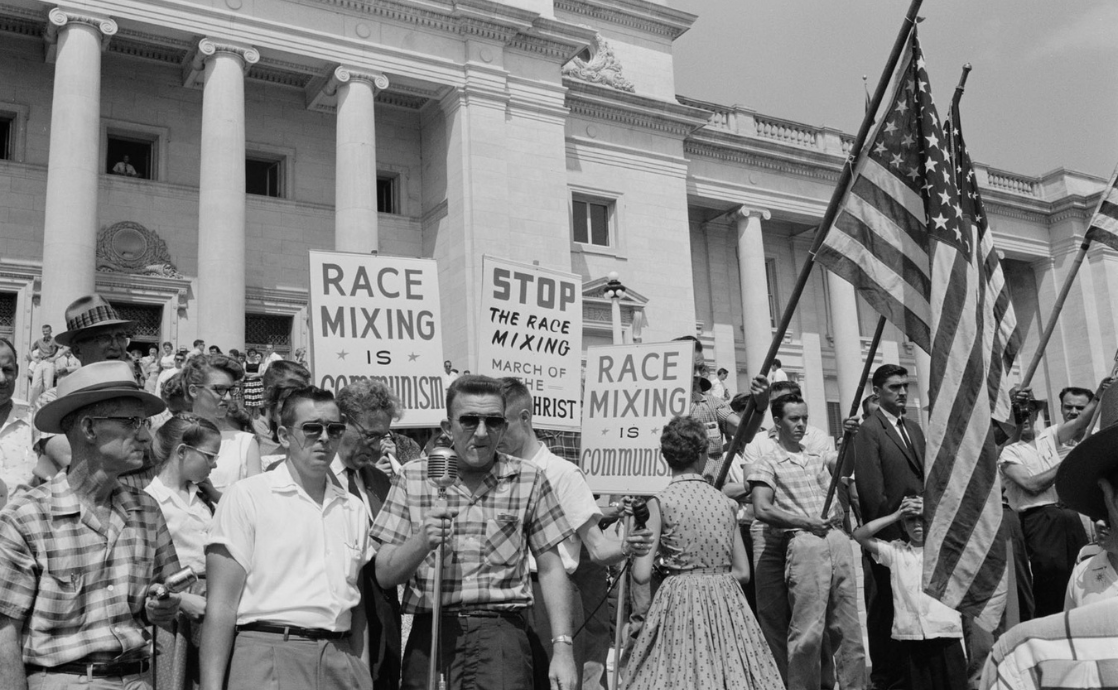Humanity, in its kaleidoscopic array of cultures, traditions, and physical attributes, has long grappled with the phenomenon of enmity towards differences in skin color. This complex behavioral response evokes a myriad of questions: What propels individuals to harbor animosity against those whose skin tones differ from their own? What societal, psychological, and existential factors may underpin this intolerance? To elucidate these inquiries, one must delve into the teachings of the Bahá’í Faith, a spiritual and social framework that offers profound insights into the nature of human relationships, unity, and the inherent dignity of every individual.
At the core of the Bahá’í teachings lies the principle of the oneness of humanity. This doctrine posits that all people, irrespective of their ethnic backgrounds or pigmentation, share a profound interconnectedness. This universality is essential in comprehending why enmity emerges in the first place. To challenge the biases that encourage loathing, one must first recognize the artificiality of racial distinctions. The Bahá’í perspective emphasizes the need to transcend superficial differences to unveil the common human spirit that binds us all. Thus, any enmity rooted in color differences is fundamentally misaligned with the essence of human unity.
Moreover, enmity over skin color often derives from a lack of understanding and familiarity. Ignorance, a formidable barrier to unity, breeds fear and mistrust. When faced with the unfamiliar, individuals may resort to defensive mechanisms, including prejudice and discrimination. This response can be traced back to our evolutionary history; ancestral survival often hinged on distinguishing in-group members from out-group individuals. This instinctual behavior, while essential in a primordial context, has become anachronistic in the contemporary globalized world. Bahá’í teachings urge individuals to cultivate knowledge and empathy, particularly towards those who appear different. Education is thus pivotal in dismantling stereotypes that fuel enmity, as it encourages the exploration of diverse cultures, histories, and worldviews.
Furthermore, the despair caused by social isolation can exacerbate these feelings of enmity. Inertia towards inclusivity often finds its roots in societal constructs designed to maintain power dynamics. Historical events, such as colonialism and systemic racism, have engendered environments where dichotomies of ‘us’ versus ‘them’ flourished. Bahá’í teachings advocate for the elimination of prejudices, emphasizing that societal progress cannot occur without the full participation of all individuals. A homogeneous society, characterized by exclusion and intolerance, undermines the very foundation necessary for collective growth.
Additionally, the modern societal landscape presents numerous challenges that can fuel enmity based on differences in skin color. The proliferation of social media and the 24-hour news cycle can amplify tensions and foster an “us vs. them” mentality. Negative portrayals of specific racial groups can perpetuate harmful stereotypes, causing individuals to inaccurately equate skin color with moral character or potential. Bahá’í principles, centered around justice and equity, call upon individuals to actively reject such narratives. By embracing inclusivity and understanding, one can counteract the pernicious effects of biased media representations.
On a psychological level, group identity plays a crucial role in shaping perceptions of others. Social identity theory posits that individuals derive a sense of self from their group memberships, which can lead to in-group favoritism and out-group discrimination. While such affiliations can foster community and belonging, they may also engender divisiveness. The Bahá’í Faith encourages individuals to dissolve these affiliations in favor of a greater identity—humanity as a whole. This transcendence of personal identity in favor of collective humanity serves to mitigate enmity and fosters an environment ripe for collaboration and mutual respect.
Realizing the profundity of interconnectedness—a foundational belief of the Bahá’í teachings—provides the impetus for transformation. By internalizing this understanding, individuals can reframe their perceptions of others. Rather than seeing skin color as a marker of difference, it can be embraced as an aspect of the diverse tapestry of humanity. The Bahá’í approach, therefore, emphasizes the significance of personal transformation as a pathway to societal change. Individuals are encouraged to reflect on their biases and actively engage in discussions that challenge entrenched prejudices.
In instances where enmity arises, whether in casual conversation or in more overt displays of discrimination, adherence to Bahá’í teachings calls for constructive engagement. Dialogue should be aimed not merely at expressing opinions but at fostering a shared understanding. This entails listening with empathy and a willingness to comprehend differing perspectives. The ability to engage in such dialogues is a hallmark of a maturing civilization and imperative for collective healing.
In conclusion, the enmity that people often feel towards differences in skin color is a multifaceted issue, deeply entrenched in historical, societal, and psychological contexts. The Bahá’í teachings provide a robust framework for addressing these challenges, urging humanity to embrace its innate unity and transcend superficial divisions. This call for action, imbued with principles of justice, compassion, and knowledge, lays the groundwork for a more harmonious society—one where differences are not a source of enmity but rather a celebration of the rich diversity that characterizes the human experience. The journey towards this ideal requires steadfast resolve and shared responsibility among all individuals.
